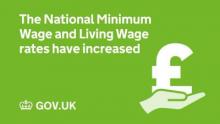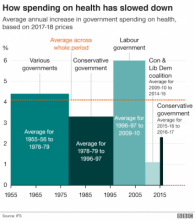Pub Invest Group workers fight back: No redundancies for COVID-19!
A week after the closure of all hospitality business, the workers of Pub Invest Group from Liverpool got bad news.
Due to the COVID-19 crisis, they were not able to give any hours to their workers as they don’t have the resources to cover their staff wages. They did, however, wish the best luck to all their workforce and to see them back soon when they open again.
Pub Invest Groups owns some of the most popular night pubs in the central area of Liverpool such as Einsteins, Moloko or McCooley’s. As it is common in the hospitality industry, they show their appreciation for their staff with low-pay and job insecurity.
During the Coronavirus crisis, we are having the chance of seeing this in many places. Although the Government is offering the coverage of wages through the Job Retention Scheme, some employers just prefer to get rid of people.








